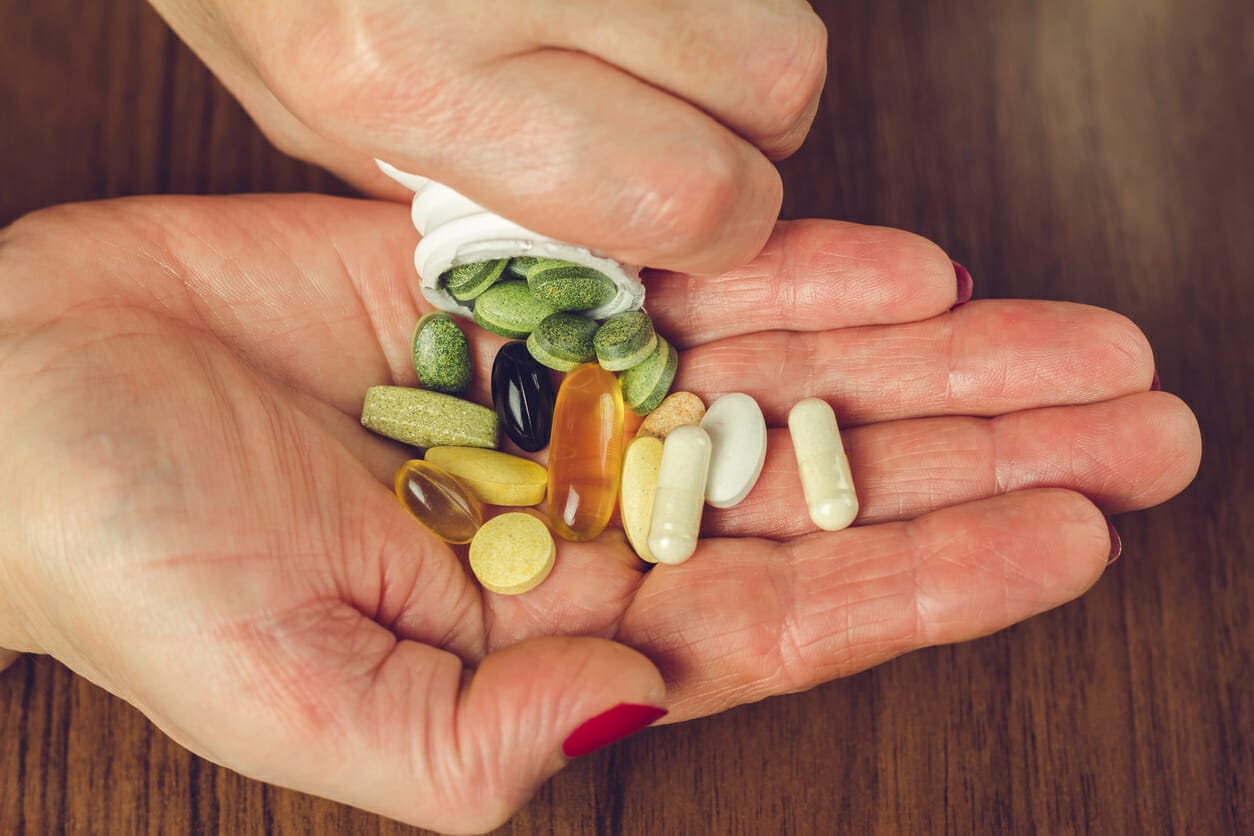Research on lifestyle and nutrition on brain health has been gaining momentum as a result of the recent disappointing results of Alzheimer’s and dementia-related drugs showing efficacy at trial. Along with engaging in mental and physical exercise, most experts recommend getting your vitamins and minerals intake through a balanced, healthy diet. Well-balanced vitamin and mineral consumption helps to slow down the aging process and slow mental decline.
Here are the most recent findings on vitamins and your brain health. Remember to check with your doctor before starting to take any kind of supplementation.
Vitamin A
A lack of Vitamin may increase your risk of cognitive impairment. Vitamin A deficiency, though common in many low-income regions of the world where food choice is limited, is uncommon in North America. What’s more, excess intake of the nutrient could be harmful to our systems and may cause liver damage, bone pain, and other health issues.
Beta-carotene
Beta-carotene is an antioxidant – a molecule that helps to counteract the free radicals that damage cells in the body, and can offer protection against neurodegeneration (when neurons in the brain are damaged). The best sources of beta-carotene are yellow, orange, and green leafy fruits and vegetables, such as carrots, yam, spinach, sweet potatoes, and cantaloupe.
Vitamin B
Vitamin B supports the nervous system, and may slow the loss of grey matter in areas of the brain that are specifically affected by the Alzheimer’s disease neurodegenerative process.
Vitamin C
Vitamin C’s antioxidant capabilities can boost immunity and can help curtail the development of many diseases, including neurodegenerative processes. No better reason to eat your dark, leafy greens and to snack on oranges!
Calcium and Magnesium
Calcium and magnesium are two of the most powerful minerals for a healthy brain. In addition to milk and yogurt, eat kale and broccoli for good sources of calcium. Green leafy veggies, nuts, and seeds, as well as some fortified foods, are good sources of magnesium.
Choline
Choline is another vitamin that has been deemed necessary for brain health and can help your memory. Choline is found in eggs, liver, chicken, and soy and kidney beans.
Vitamin D
Vitamin D is protective in the brain in a number of ways, it is good for vascular health and may protect against stroke, which is one of the major risk factors for dementia. The best way to get Vitamin D is by absorbing it through the skin from the sun. Oily fish is one of the best food sources of Vitamin D. Vitamin D is one vitamin that you should consider supplementing if you know you are not getting enough of it.
Vitamin E
Vitamin E is another antioxidant that protects our bodies from free radical damage, and provides DHA, a very important brain-building fat. Foods that are high in vitamin E are nuts, seeds, and olive oil.
Zinc
Zinc helps to create proteins in the body and the brain and helps increase immunities. Zinc is found in red meat, poultry, grains, and nuts.



